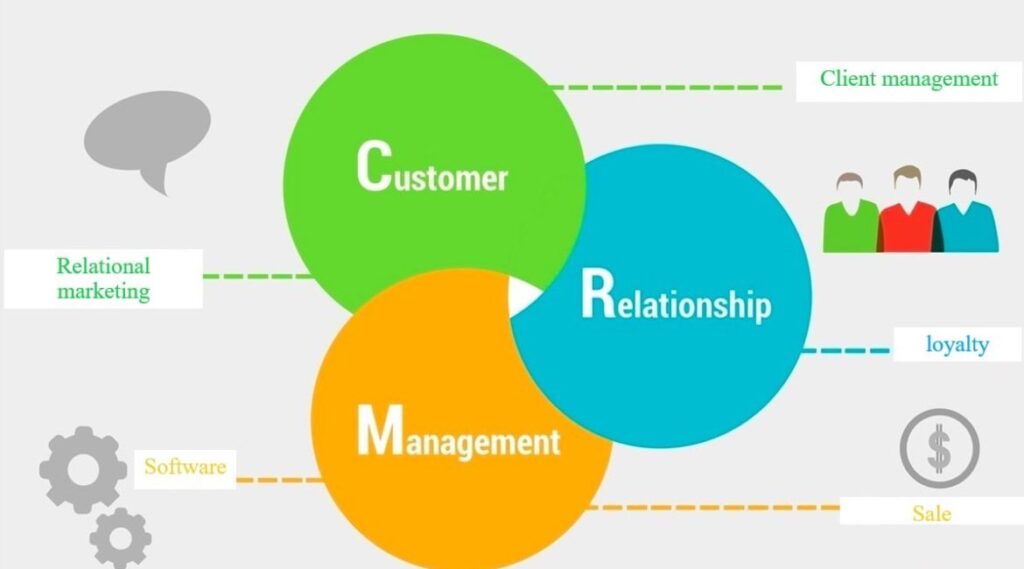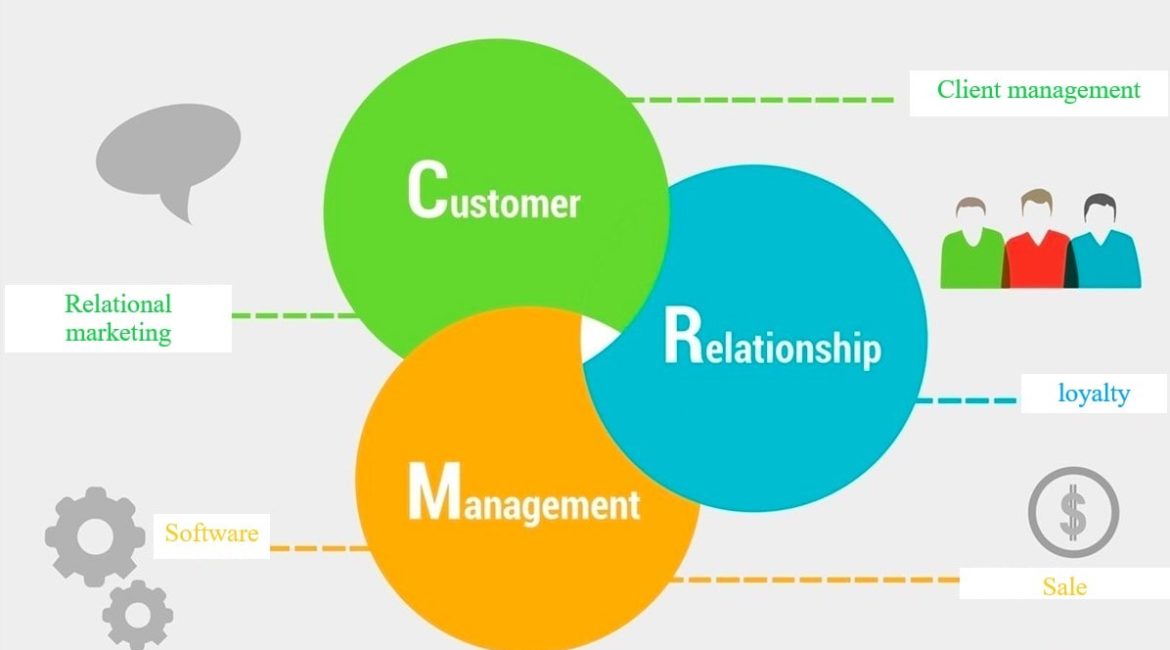In today’s dynamic commercial enterprise environment, building and nurturing strong relationships with clients is more critical than ever. Enter Customer Relationship Management (CRM), a effective method and technology that lies at the heart of a success customer engagement. In this weblog post, we will embark on a journey to discover the basics of CRM, its components, benefits, and why it’s a game-changer for organizations of all sizes.
Defining CRM: A Holistic Approach to Customer Management
Customer Relationship Management, normally known as CRM, is a strategic method that revolves round managing and nurturing interactions with customers, clients, prospects, and different stakeholders. At its center, CRM goals to deepen relationships, beautify conversation, and deliver personalized reviews that resonate with individuals.

Key Components of CRM:
Customer Data Management: CRM serves as a centralized hub for collecting and organizing client facts. This includes contact records, purchase history, communication alternatives, interactions, and extra. A comprehensive view of consumer facts empowers companies to tailor their strategies correctly.
Sales Automation: Automate and streamline sales strategies with CRM systems. From monitoring results in dealing with opportunities and ultimate offers, CRM answers unfastened up time for income groups to attention on constructing relationships.
Marketing Automation: Harness the power of records-driven advertising via segmenting customers primarily based on their behaviors, choices, and demographics. CRM allows organizations to create focused campaigns that resonate with precise audiences.
Customer Support and Service: CRM empowers customer support teams with brief access to client information, permitting sellers to cope with inquiries directly and offer timely resolutions. This results in greater purchaser satisfaction and loyalty.
Analytics and Reporting: Make knowledgeable selections through utilising the insights provided with the aid of CRM systems. Analyze consumer behaviors, developments, and performance metrics to refine techniques and drive increase.
Benefits of CRM:
Improved Customer Experience: CRM permits businesses to understand their customers better, permitting personalized interactions, faster hassle-fixing, and an normal better patron revel in. Efficiency in Sales Processes: Automating sales duties streamlines operations, reduces manual paintings, and speeds up the income cycle. Sales groups can focus on constructing relationships and final deals.
Targeted Marketing Campaigns: By segmenting customers based on their options and behaviors, groups can create marketing campaigns that resonate with specific target market segments.
Informed Decision-Making: CRM structures provide valuable insights into customer behaviors and traits, empowering organizations to make knowledgeable selections and expect marketplace shifts.
Long-Term Relationship Building: Through consistent communique and customized interactions, CRM fosters lasting relationships with clients, contributing to improved loyalty and advocacy.
Conclusion: Elevate Customer Engagement with CRM
In a global in which clients call for customized reviews and meaningful interactions, CRM emerges as a strategic powerhouse that transforms how corporations have interaction with their target market. By centralizing patron records, automating approaches, and fostering customized communication, CRM answers permit businesses to thrive in a consumer-centric landscape. Regardless of enterprise or enterprise length, CRM has the potential to reshape your method to client management, delivering extended satisfaction, loyalty, and sustainable growth. Embrace the possibilities of CRM and embark on a journey to elevate your purchaser engagement to unheard of heights.

